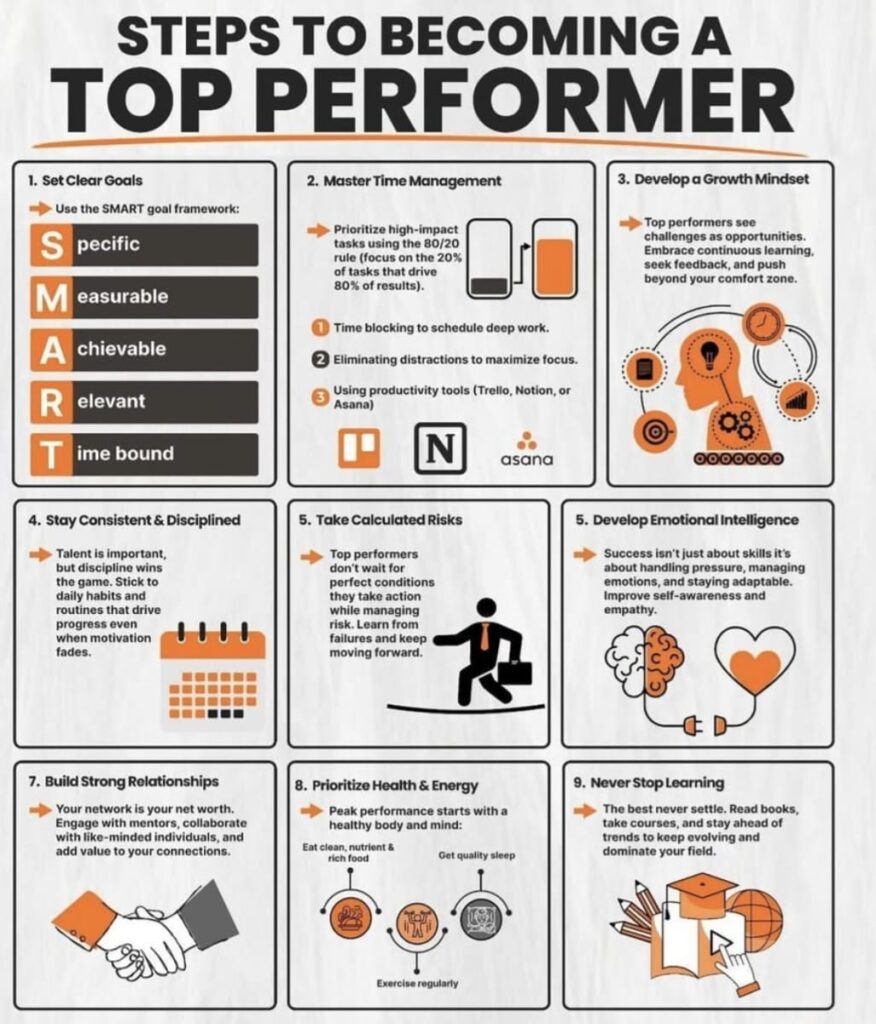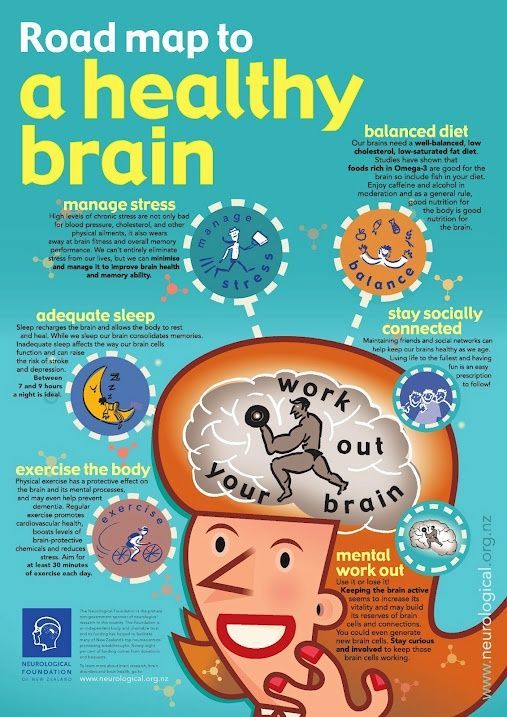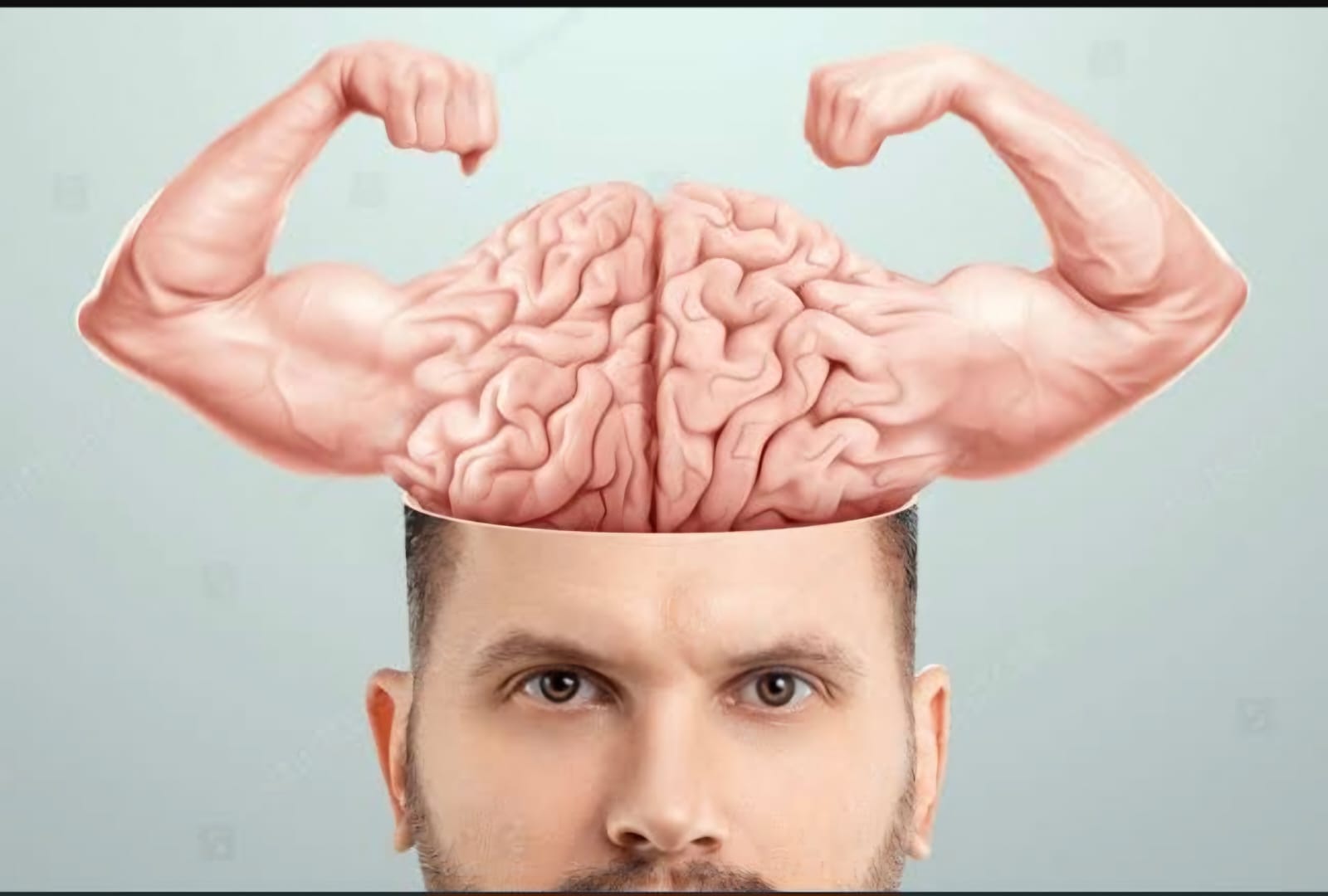Albert Einstein didn’t speak fluently until he was nine. His teachers labeled him slow. Thomas Edison was called “addled” by his schoolmaster. Today, they’re remembered as geniuses. But their early struggles tell a different story—one of persistence, not perfection.
For a long time, society believed that genius is something you’re born with. You either have it or you don’t. Intelligence was seen as fixed, like eye color or height. This myth still lingers. It makes people think brilliance is reserved for a lucky few.
But modern science tells a different tale. The brain is not a static organ. It grows, adapts, and rewires itself. Neuroplasticity proves that mental ability can change. Research shows that with the right mindset and effort, anyone can become smarter.
The truth is simple: genius is not born—it’s trained. Becoming the smartest version of yourself isn’t about talent. It’s about choices. It’s about what you do every day. Genius is built through habits, focus, and learning. It thrives in the right environment.
It’s powered by purpose and shaped by discipline. This article will explore how you can unlock your own genius. We’ll break down the science of trainable intelligence. We’ll dive into habits that sharpen your mind. We’ll look at mental tools that boost thinking.
You’ll learn how your environment and relationships affect your growth. Finally, we’ll show how passion and purpose turn effort into excellence. Ready to train your genius mind? Let’s begin.
The Science of Trainable Intelligence
Your brain is not set in stone. It’s more like clay—flexible and ready to change. This ability to adapt is called neuroplasticity. Every time you learn something new, your brain forms new connections. Practice strengthens those connections.
Over time, your brain rewires itself to work better and faster. This means intelligence isn’t fixed. Psychologist Carol Dweck introduced the idea of the growth mindset. It’s the belief that you can improve your abilities through effort.
People with a growth mindset don’t see failure as a dead end. They see it as a stepping stone. This shift in thinking can lead to better performance in school, work, and life. Another important concept is cognitive reserve. Think of it as a mental savings account.
The more you challenge your brain—through reading, problem-solving, or learning new skills—the more reserve you build. This helps your brain stay sharp even as you age. Studies back this up.
In one experiment, people who trained their working memory improved not only memory, but also problem-solving skills. Other research shows that executive functions—like focus, planning, and self-control—can also be improved with regular mental exercises.
Even IQ, once thought to be permanent, can shift. A 2011 study found that teenagers’ IQ scores changed significantly over just a few years, depending on how they used their brains.
The bottom line? Intelligence is trainable. Your brain is a dynamic organ. Use it well, and it will grow stronger.
Habits That Shape Genius
Genius isn’t just about raw brainpower. It’s about what you do every single day. Habits shape how you think, learn, and grow. The smartest people in the world follow simple, consistent routines that build their minds over time.
The first habit is daily reading. Great minds are always learning. They treat books like fuel. Warren Buffett once said he spends 80% of his day reading. Elon Musk learned to build rockets by reading. Reading feeds curiosity.
It exposes you to new ideas, new worlds, and new ways of thinking. Even 20 minutes a day can make a huge difference over time. Next is the practice of deep work. Coined by author Cal Newport, deep work means focusing without distraction.
It’s where real learning and breakthroughs happen. No multitasking. No scrolling. Just pure, concentrated effort on one hard task. This is where skill grows. It’s also how top performers stay ahead. Reflection is another underrated habit. Many geniuses keep journals.
They write down thoughts, track progress, and analyze mistakes. This is called metacognition—thinking about your thinking. It helps you learn faster and make better decisions. Even five minutes of journaling can improve clarity and self-awareness.
Then comes discipline. Not in short bursts, but in steady, daily doses. Genius is not built in a weekend. It’s built through years of consistent effort. Think of it like fitness. You don’t get strong by going to the gym once. You get strong by going every week, even when it’s hard.
These habits—reading, focus, reflection, and discipline—are simple. But they’re powerful. They turn average minds into exceptional ones. They don’t rely on talent. They rely on choice and effort.
You don’t have to do them all at once. Start small. Read a little. Focus for 30 minutes. Write one paragraph. Then do it again tomorrow. Over time, these habits will transform how you think. Genius isn’t born. It’s built—one habit at a time.

Mental Models and Smart Thinking
Mental models are thinking tools. They help you understand the world and make better decisions. Experts across fields—from science to business—use them every day. Think of mental models as shortcuts for smarter thinking.
One powerful model is first principles thinking. Instead of copying others, you break things down to their basics. Elon Musk used this to reinvent rockets. He asked, “What are the raw materials?” not “How is it usually done?” This kind of thinking leads to innovation.
Another key model is opportunity cost. It comes from economics. It means every choice has a hidden cost—the value of what you didn’t choose. Smart thinkers weigh options with this in mind. It helps avoid waste and regret.
Then there’s inversion. This model asks, “What would make this fail?” or “What should I avoid?” It’s used in risk management and by thinkers like Charlie Munger. Looking at problems backward often reveals hidden truths.
Mastering these models gives you a cognitive edge. You solve problems faster. You avoid traps others fall into. You think clearly when others are confused.
Polymaths—people who learn across fields—use many mental models. They connect dots between unrelated ideas. Leonardo da Vinci studied anatomy and art. Steve Jobs combined tech and design. This cross-disciplinary thinking sparks creativity and deep insight.
The more mental models you learn, the more tools you have to think well. Start with a few. Apply them in daily life. Over time, your thinking will sharpen. You’ll make smarter choices—and see the world in a whole new way.
Environment and People: Hidden Influencers train your Genius Mind
Your environment shapes your mind more than you think. Where you live, work, and who you spend time with—these all influence how you think, learn, and grow. Start with your physical surroundings. A cluttered space leads to a cluttered mind.
Noise, distractions, and disorganization reduce focus. On the other hand, a clean, quiet, and inspiring space boosts concentration. Natural light, calming colors, and order can help you think more clearly. Social surroundings matter just as much.
You become the average of the five people you spend the most time with. If your circle is curious, driven, and open-minded, you’ll adopt those traits. If they’re negative or stagnant, it will drag you down—often without you realizing it. Mentorship is a secret weapon.
A good mentor pushes you, challenges you, and shares hard-earned wisdom. They can show you a smarter path and help you avoid common mistakes. Even informal mentors—people you admire and learn from—can shift your thinking.
Then there’s environment design. This means shaping your space to support your goals. Want to read more? Keep books within reach. Want to focus? Put your phone in another room. Use visual cues, remove distractions, and make your environment work for you.
Small changes in your environment can lead to big changes in behavior. Over time, they reshape your habits, mindset, and results. Don’t leave your surroundings to chance. Design them with intention. Genius grows best in the right soil—and your environment is the soil of your mind.
Train Your Brain Like a Muscle
Your brain is like a muscle. The more you use it, the stronger it gets. Just like your body needs regular workouts, your mind needs daily training to stay sharp and grow stronger. Start with brain training activities. Meditation builds focus and reduces mental clutter.
Even 10 minutes a day can improve attention and self-awareness. Memory techniques—like visualization and association—help you retain information faster. Strategy games such as chess or Sudoku train logic, patience, and planning.
Learning new skills or languages pushes your brain to form fresh neural connections. This keeps it agile and adaptive. But brainpower isn’t just mental—it’s physical too. Sleep, for example, is essential.
During deep sleep, your brain consolidates memories and clears out waste. Without enough sleep, your thinking slows down. Exercise boosts blood flow to the brain. It also releases chemicals that support mood and learning. Nutrition matters as well.
A balanced diet rich in omega-3s, vitamins, and antioxidants supports long-term brain health. Technology can help too. Apps like Lumosity offer fun brain-training games. Anki uses spaced repetition to lock in facts and ideas.
Notion helps you organize thoughts, notes, and learning projects in one place. These tools don’t replace effort—but they can boost it. To train your Genius Mind isn’t about to do one thing. It’s about small, smart habits repeated over time.
Use a mix of mental workouts, healthy living, and digital tools. Treat your brain like an athlete treats their body. With care, challenge, and consistency—it will perform at its best.

The Role of Purpose and Passion to Train your Genius Mind
Genius isn’t just about thinking harder. It’s also about caring deeply. When you work with purpose, your brain performs at a higher level. Intrinsic motivation—the drive that comes from within—fuels long-term learning and success.
You’re not chasing rewards. You’re chasing meaning. This kind of motivation unlocks something powerful: flow. Flow is a mental state where you’re fully immersed in what you’re doing. Time disappears. Distractions vanish.
You do your best work without even trying to force it. Flow often happens when you’re doing something you love—and something that challenges you. Purpose also gives you direction. It turns scattered effort into focused growth.
When you set a learning mission, you train your brain with intention. Want to become a great writer? Read daily, write often, and study language. Interested in innovation? Learn how systems work, solve problems, and study inventors.
Goals give your effort structure and urgency. Passion lights the fire. Purpose keeps it burning. Together, they transform hard work into something joyful—and deeply effective.
You don’t need to have it all figured out. Just start with curiosity. Follow what excites you. Let that guide your learning. Genius grows fastest when fueled by meaning.
Unlock Your Genius: Start to Train Your Mind Today
Genius is not a gift. It’s something you build—one thought, one habit, one choice at a time. The smartest version of you isn’t locked away by genetics. It’s waiting to be unlocked through action.
We’ve seen that intelligence is trainable. Your brain grows with use, thanks to neuroplasticity. A growth mindset turns setbacks into stepping stones. Strong habits—like reading, deep work, and reflection—create the foundation for smart thinking.
Mental models help you solve problems like an expert. Your environment and relationships either lift you up or hold you back. Physical health boosts mental power. And above all, purpose fuels long-term growth.
You don’t need to do everything at once. You just need to start. Read a book that challenges you. Create a space that helps you focus. Reflect on your goals and passions. Spend time with people who inspire you.
Try one new skill, one hard problem, or one deep question today. The journey to genius is not a sprint. It’s a series of small, consistent steps. With the right tools, mindset, and motivation, you can train your brain to be sharper, faster, and more creative. Genius isn’t born. It’s trained. And your training can begin right now.
FAQs on The Genius Mind Isn’t Born, It’s Trained: How to Unlock the Smartest Version of You
Is genius really something you can train, or is it only inherited?
Genius can be developed through deliberate practice, mindset, and learning—it’s not solely inherited.
What is neuroplasticity and how does it relate to intelligence?
Neuroplasticity is the brain’s ability to change and grow by forming new neural connections through experience and learning.
What is a growth mindset?
A growth mindset is the belief that intelligence and abilities can improve with effort and learning, rather than being fixed traits.
Can IQ actually change over time?
Yes, studies show IQ can shift with mental training, education, and lifestyle changes.
How important are daily habits in developing genius-level thinking?
Very important—consistent habits like reading, focused work, and reflection build cognitive skills over time.
What is deep work and why does it matter?
Deep work is focused, distraction-free effort on challenging tasks, which boosts learning and creativity.
How does journaling improve intelligence?
Journaling promotes metacognition—thinking about your thinking—which helps clarify ideas and improve problem-solving.
What are mental models?
Mental models are frameworks or shortcuts for thinking that help solve problems and make decisions more effectively.
How can learning across different subjects improve intelligence?
Cross-disciplinary learning fosters creativity and insight by connecting ideas from multiple fields.
Does your environment really affect your cognitive abilities?
Yes, both physical space and social circles impact focus, motivation, and mental growth.
Why is mentorship important in training your brain?
Mentors provide guidance, feedback, and motivation that accelerate learning and help avoid common mistakes.
How can meditation help improve brain function?
Meditation enhances focus, reduces stress, and strengthens brain areas related to attention and emotional regulation.
What role does physical health play in mental performance?
Good sleep, exercise, and nutrition support brain function and improve memory, concentration, and mood.
Are brain training apps effective?
Some apps help improve specific cognitive skills when used consistently, but they work best alongside other healthy habits.
What is the ‘flow’ state and how does it enhance genius-level work?
Flow is a state of deep immersion and focus, where your brain operates at peak performance with high creativity and productivity.
How does having a clear purpose or passion impact intelligence?
Purpose fuels motivation, making learning more enjoyable and sustaining effort over time.
Can anyone become a genius with enough training?
While everyone can improve their intelligence, the degree of “genius” varies by effort, mindset, and opportunity.
How do you start building a growth mindset?
By embracing challenges, learning from failure, and valuing effort over innate talent.
What small steps can I take today to start unlocking my genius?
Start reading daily, reduce distractions, set clear goals, and reflect on your progress.
Is intelligence the same as knowledge?
No. Intelligence involves problem-solving and adaptability, while knowledge is the information you accumulate.





